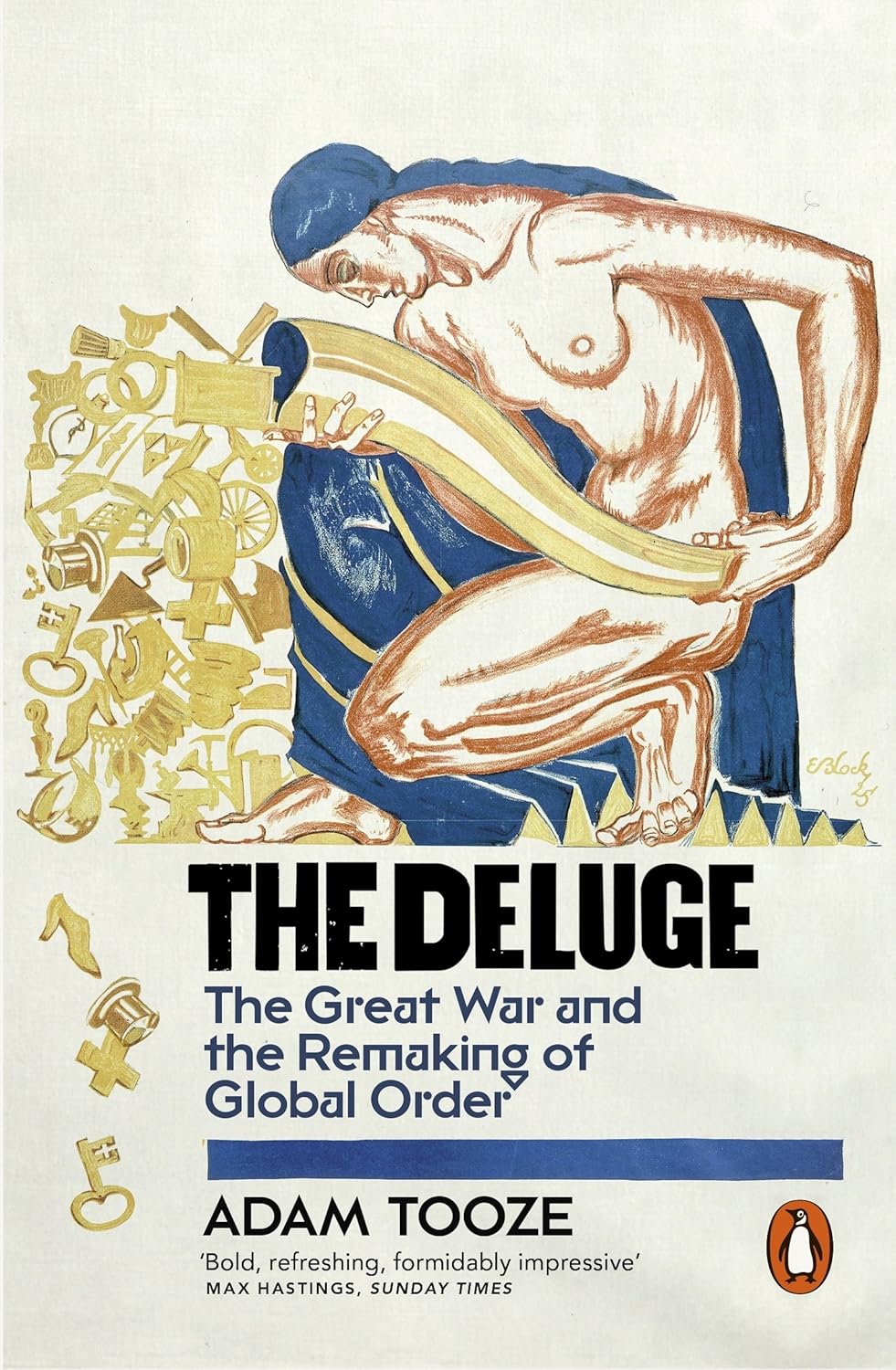This is a remarkable story of economic success in Rwanda, three decades on from the genocidal Hutu-Tutsi conflict.
Rwanda has become a rising nation. GDP per capita has nearly 8x’d while annual growth rates are often above 5%. It has formed a pro-business reputation, with relatively less taxes, regulations and corruption. Rwanda is ranked 38th in ease of doing business, not far behind Switzerland and Israel and well above any mainland African country. It has worked to allow more foreign direct investment, including legal changes that let foreigners buy land, in contrast to the more isolationist African countries.
Some other interesting items from the same journal
Legislating for social connection in the USA.
A profound lesson from Ludwig von MIses in 25 words.
The fact that my fellow man wants to acquire shoes as I do, does not make it harder for me to get shoes, but easier.
In the state of nature, I want shoes, and you want shoes. There are not enough shoes, so we have to fight. But if we can create a system where private property is reliably preserved, and can be exchanged, at low transaction costs, then we can make more shoes. So, rather than fighting over a fixed quantity of shoes in the state of nature, we can cooperate, because we all want shoes. The difference between the state of nature and a system of catallactic cooperation is that social relations are not fixed in the latter system. Commercial society rewards cooperation and manners. Montesquieu famously noted this tendency of commerce in Spirit of the Laws:

I really hope they get to continue without external meddling.
I grow so tired of hearing about African nations being basket cases, clinging to the hoary old excuse of ‘colonialism’ despite the fact that when the colonial powers departed they left behind roads, ports, courts, laws, modern agricultural and industrial know-how, schools, hospitals, etc. Remember, when the colonists were there they wanted a stable and productive colony – and when they left the new nation got its traditional rewards plus the old colonists’ imperial dividend.
But time and again tribalism would rise to the surface and they would raid their capital and wealth through intertribal jealousies and rivalries – and sheer hatred.
If Rwanda succeeds then maybe a few other nations might catch on.
Wonderful to hear – there so much opportunity in Africa for countries that can deal with their wholesale corruption and petty tribal nepotism.
Clearly, Rwanda could do even better, if they just joined the sanctions against Russia, that have done so well for the EU.
Bankruptcies up, business starts down, all through the EU, Germany, (the EU powerhouse), in particular. Recession, if not depression, is stalking the EU and it will not be pretty.
Luckily, the EU has the genius of people like Von der Crazy, Jungle Josep Borrel, Michel and especially Baerbock and Scholz, to help them through this difficult period.
This year in the “land of the free”, the US National Debt will surpass GDP, according to the Congressional Budget Office. All good in the West then.
Russia, on the other hand, has an economy that will grow by 2.5%, according to the World Bank, which is not by any measure a Russophile organisation.
I was serving in sunny downtown Mogadishu when the sh#t hit the fan in Rwanda 1994.
What occurred there was beyond description and the ridiculously small force of UN troops, (Dutch I think), could do nothing but observe the carnage.
To now hear that this small country is going ahead financially and politically is gratifying indeed. Lets hope the US keeps its nose out of Rwanda’s affairs.
Good comment by Mother Lode regarding an ‘imperial dividend.’
One country I take particular interest in is Papua New Guinea. I wouldn’t be surprised if, after Australia has been bled to a corpse by a parallel indigenous (soon-to-be-failed) nation state, social insurgents move on to advocating for PNG ‘reparations.’ (One area in Morobe Province recently demanded from an Australian parliamentary delegation that they be compensated for wartime damage of 80 years ago).
FFS. Not everything is about Mother Russia, comrade.
No doubt why they succeeded.
What’s going on in Haiti, with billions in UN aid and lots of $120k 200 Series LandCrusiers?
The Tutsi with 10% of the population fully control the Hutus who make up most of the rest. Given the Hutus were violently genocidal that seems entirely justified.
However I would not be holding Rwanda up as a glowing example. It is necessarily a fascist apartheid dictatorship, albeit with good economic policies. I doubt that will last, since institutionalized authoritarian oligarchies always fall into nepotism and corruption eventually.
Rwandan Patriotic Front (wiki)
On the other hand nothing much else has worked in Africa, so Rwanda looks pretty good by comparison.
I think the Turks have the right idea regarding UN land cruisers.
https://www.telegraph.co.uk/world-news/2023/08/18/british-peacekeepers-injured-clashes-turkish-troops-cyprus/
Tsk Tsk Dot.
I am disappointed that you think my comments were about Russia.
A trip to Kenya and Tanzania a few years ago, just prior to Covid, opened my eyes to how much some African nations have matured and become less socialist and more intent on promoting economic advancement than tribalism. We still tend to think ‘basket case’ too much about Africa – except for South Africa where that once-wealthy country is still full of anti-white anger that pulls it down and where the Rule of Law has lost a lot of its meaning. Good to see Rwanda on the upward track after the sorrows of the past.